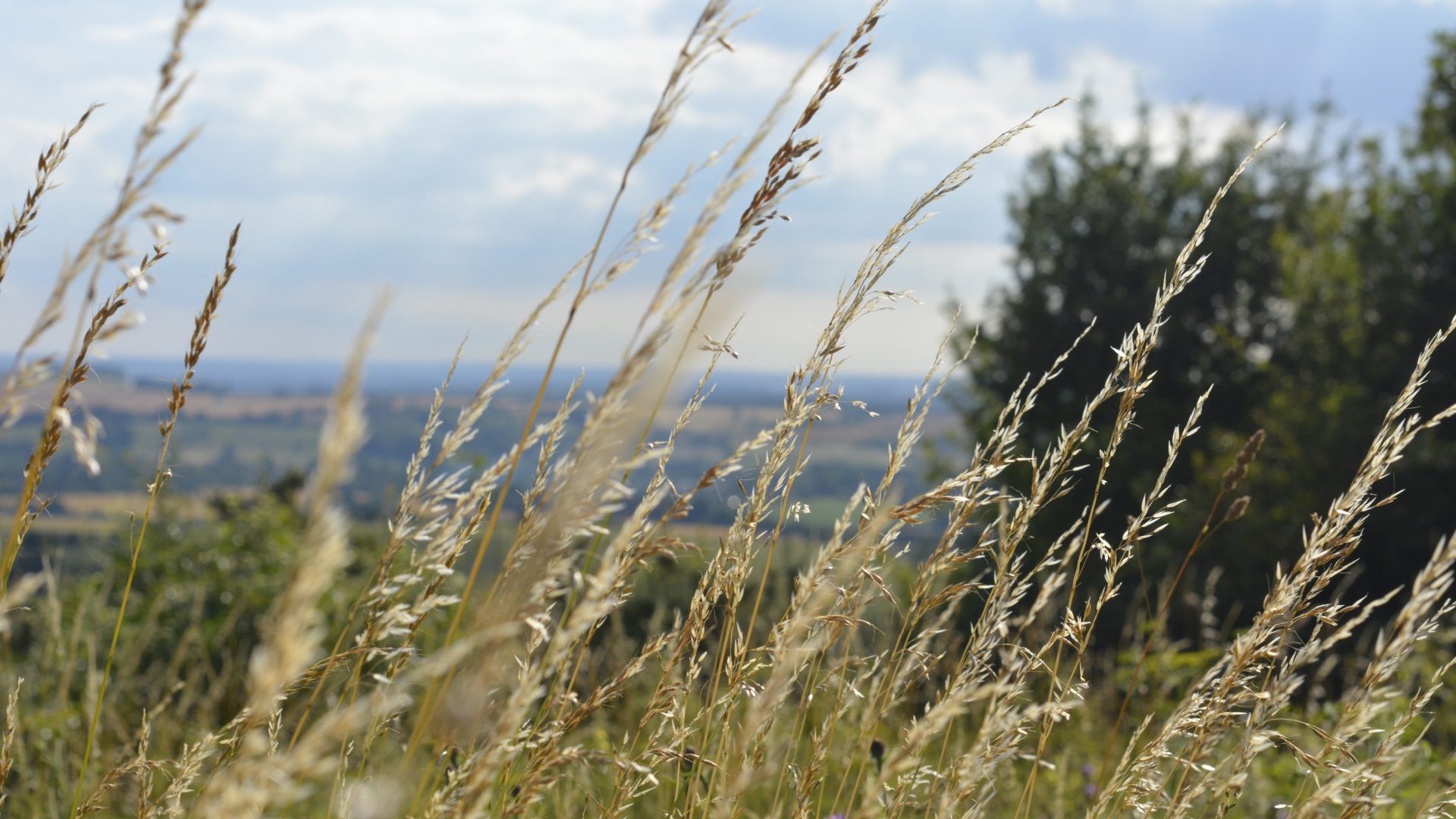
Data on nature in National Parks shows urgent need for change
Published: 14 July 2025
For the first time, the UK Government has released official data on the state of nature in England’s Protected Landscapes, marking a big step forward in understanding how these special places are faring.
This new data is part of Defra’s first progress report on the Protected Landscapes Outcomes Framework, published last year. The framework set out ten key national targets focused on nature recovery, climate resilience, and improving access to nature.
Publishing the data is a welcome step forward. Last year’s Campaign for National Parks’ Health Check report was the first full assessment of nature recovery in National Parks in England and Wales and was motivated in part by a lack of official information on just how nature was faring in these landscapes.
The progress report highlights the enormous scale of effort needed for protected landscapes to achieve their targets and properly deliver for nature.
As an example, only 18% of Sites of Special Scientific Interest (SSSIs) in England’s National Parks are currently ‘on track’ to reach favourable condition by 2025, up from 11% last year, but still well below the target of 60% by 2028. Similarly, the area of peatland committed to restoration in England’s National Parks rose by just over 2,000 hectares between 2023 and 2024 to 13,550, but remains well below the ultimate target of 130,000 hectares by 2050.
Welsh National Parks are one step behind those in England with no Outcomes Framework in place across the Parks and no way of collectively assessing progress without looking at individual State of the Park reports. These are often released inconsistently and Eryri National Park have only recently released their latest State of the Park report following a 10 year gap.
The report underlines the need for stronger powers, clearer purposes, and better resources for National Park Authorities.
Reforms of their statutory purposes and governance, as recommended in our Health Check report and promised by the UK government last December, is essential. Seven months on, we are still waiting for details on how the government intends to deliver those reforms. We also need the government to bring forward as-promised regulations to ensure that public bodies like National Highways and the Ministry of Defence actively deliver for nature in National Parks.
The case for action is backed by widespread support. Following our joint letter to the Secretary of State last year, Campaign for National Parks, the RSPB, National Trust, The Wildlife Trusts, Wildlife and Countryside Link, The Woodland Trust, and National Parks England have aligned in calling for these urgently-needed and widely-supported reforms in order to put National Parks on track to a nature-rich future
Welsh Government have similarly promised to look at reforming stutory purposes, governance and duties in their 2022 Biodiversity Deep Dive, however, since then no action has been taken to bring forward legislative reform. All eyes will be on manifestos for the Senedd Election in 2026.
Waterways: A major missing piece
While the progress report is a step forward, it also leaves out a key issue: water quality. There are no national targets in the Outcomes Framework to clean up rivers, lakes and streams in National Parks, despite widespread public concern and growing evidence of sewage pollution.
This is a serious oversight. As recent Campaign for National Parks research has shown, of the 880 water bodies across the 13 National Parks in England and Wales, just five meet the highest ecological standards. Clean, healthy waterways should be a hallmark of our most protected landscapes, but today, many are heavily polluted and neglected.
We are calling on the UK and Welsh Governments to make cleaning up National Park waterways a national priority with binding targets and new regulations to ensure water companies and agencies deliver for people and nature.
End Water Pollution in National Parks
Iconic freshwater sites in National Parks are enjoyed by millions every year, but although they look the very image of perfection under the surface lies a dirty secret – pollution.
